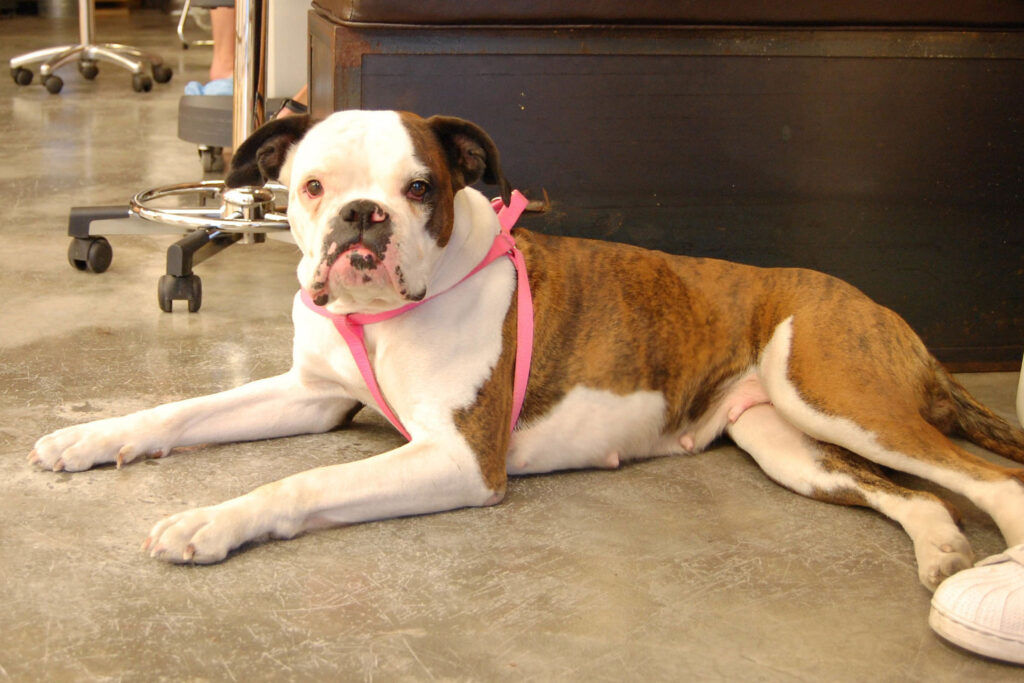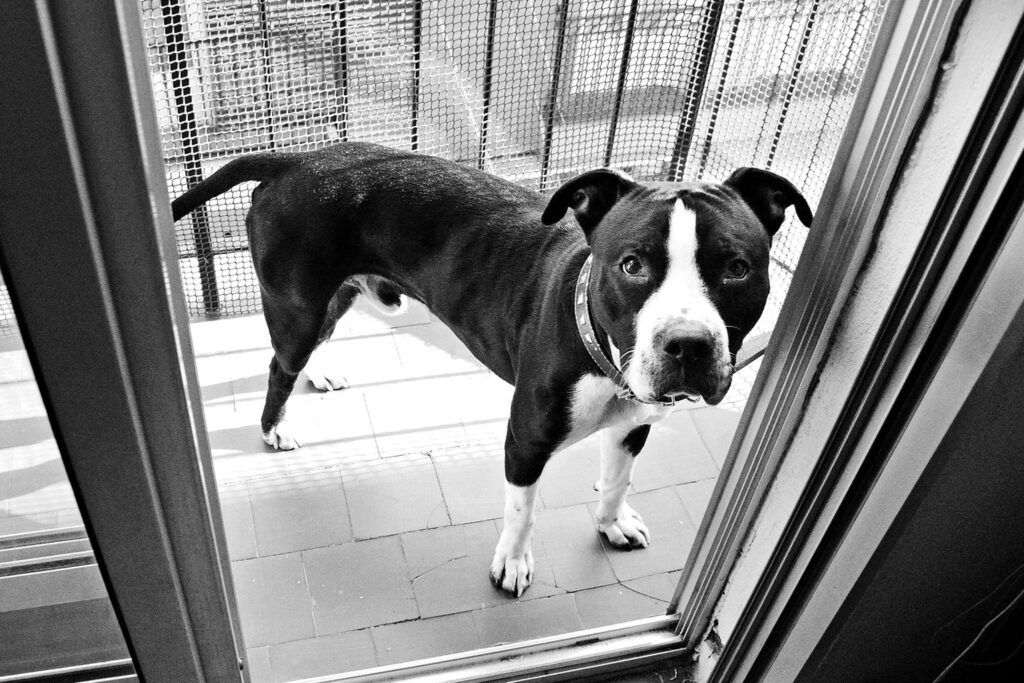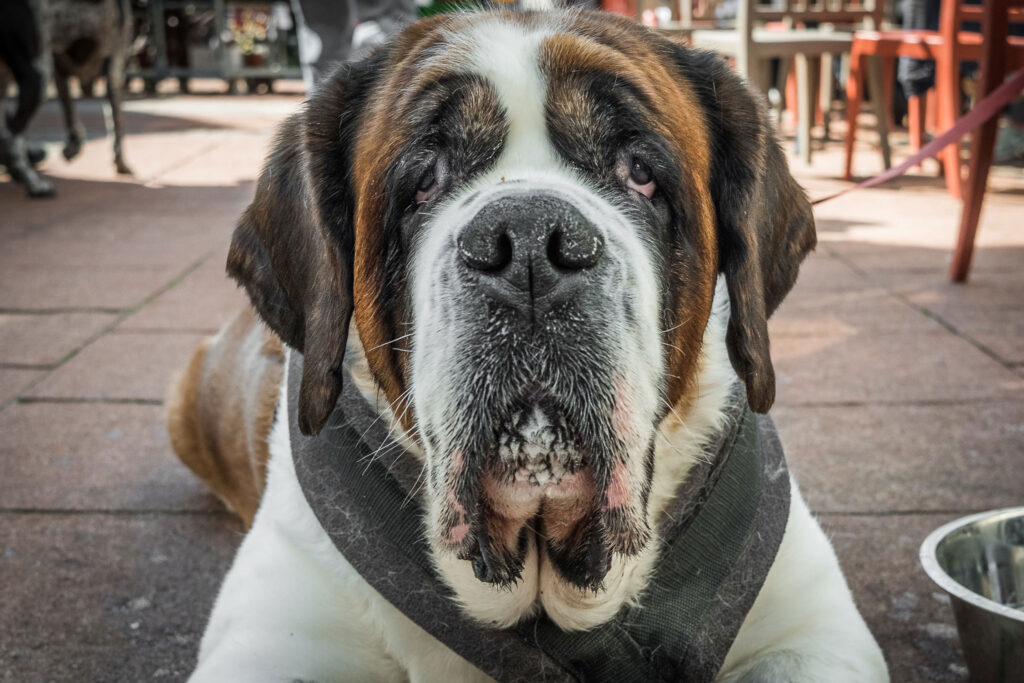12 Ways to Help Your Dog Stay Calm During Vet Visits

Visiting the veterinarian can be a source of stress for both dogs and their owners due to unfamiliar scents and overwhelming sights and sounds, often resulting in canine anxiety. However, there are numerous strategies available to help your furry companion remain calm during these visits. In this comprehensive guide, we’ll explore 12 effective methods to alleviate your dog’s anxiety and enhance the overall experience of vet trips for all involved parties.
5 Benefits of Regular Veterinary Check-Ups for Your Dog

As pet owners, we are incredibly grateful for the company and steadfast love our animals provide. It’s important to put their health and happiness first, which emphasizes the value of taking your dog to the vet on a regular basis. These scheduled visits are preventative measures that preserve your pet’s health and stave off potential problems. In this blog post, we will discuss five significant benefits of scheduling veterinary checkups for your beloved four-legged dogs on a regular basis.
15 Best Practices for Senior Dog Care

As our loyal companion’s journey through the passage of time, their needs evolve, calling for our steadfast care and attention. In the twilight of their lives, our senior dogs embody a wealth of wisdom and love, deserving of our utmost devotion. In this guide, we embark on a journey to explore the fifteen best practices for nurturing and cherishing our senior canine companions, ensuring their golden years are filled with comfort, vitality, and boundless affection.
7 Causes of Insulinoma in Dogs

Insulinoma in dogs is a serious illness defined by the existence of tumors in the pancreas that overproduce insulin, resulting in hypoglycemia. Understanding the causes of insulinoma allows pet owners to identify possible risk factors and take preventive steps. In this post, we will look at seven key factors that may contribute to the development of insulinoma in dogs, shedding light on this complex condition.
17 Easy Ways to Keep Your Dog Happy

Adopting a dog is an exciting event in life, but it also entails responsibilities. Making sure your dog is happy is a primary concern when you own a dog. Not only are happy dogs enjoyable to be around, but they also tend to be healthier and behave better. In this article, we’ll go over 17 simple ways to keep your dog happy and living the best life possible by your side.
How Much Coffee is Bad for Dogs

Caring for a pet is akin to weaving an intricate tapestry of love and companionship. Many strands, like joint walks and training sessions, combine to form a close link between ourselves and our canine companions. But lurking within these wonderful moments lies a threat that we frequently miss in our hectic lives. Caffeine may be found in everyday objects. This stimulant has the potential to throw off our dog’s delicate health balance.
What Can Chocolate Do to Dogs?

For our dog friends, chocolate may be fatal even if it’s a great pleasure for people. Conscientious pet owners must know the dangers of chocolate consumption as well as the point at which chocolate turns harmful to dogs. After discussing the specifics of dog chocolate poisoning, let’s examine the threats, hazards, and variables affecting toxin concentrations.
Can Dogs Get Food Poisoning?

When food is contaminated with bacteria, viruses, parasites, or their toxins, it can cause illness in people. This is how we define food poisoning. Symptoms of food poisoning that most individuals experience include nausea, vomiting, diarrhea, fever, and stomach discomfort, and they usually appear a few hours after consuming the contaminated food. The “joy” of a couple of these symptoms when their dog eats something he shouldn’t have certainly been experienced by everybody who has ever had a dog. Based on the fact that our pets are displaying the same symptoms, I assume that food poisoning is also the cause.
